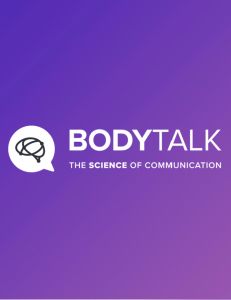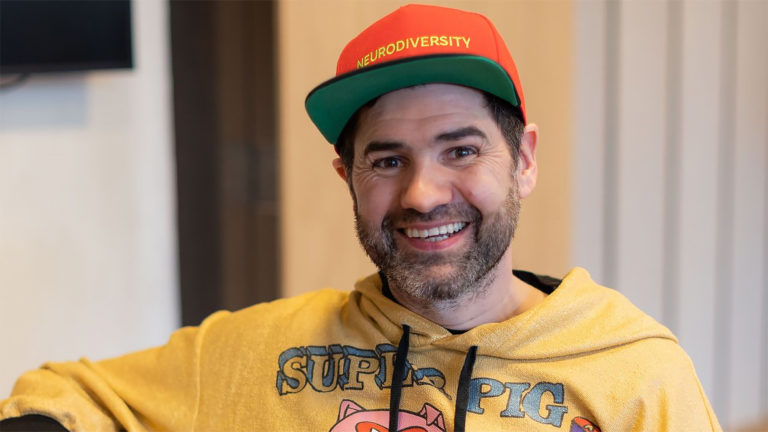Join getAbstract to access the summary!

Join getAbstract to access the summary!
John Boileau and Alina Jenkins
From Neurodiversity to Neuroinclusion
The Body Talk Podcast
Body Talk, 2022
What's inside?
Employers benefit when they hire and accommodate neurodiverse workers.
Recommendation
Partly due to the COVID-19 pandemic lockdown, increased awareness through social media, and a democratization of diagnoses, more adults are being diagnosed with neurodivergent conditions, such as autism and ADHD. In this episode of the Body Talk podcast, host Alina Jenkins and guest John Boileau discuss how diagnoses affect people later in life, how companies can attract and retain neurodiverse talent, and why it’s in their best interests to do so.
Summary
About the Podcast
Alina Jenkins is a radio broadcaster, BBC presenter and co-host of the Body Talk podcast. Guest John Boileau is a consultant for organizations that want to improve inclusion, particularly as it affects the neurodiverse. He also works with the British National Health Service (NHS) Transformation Unit.



















Comment on this summary